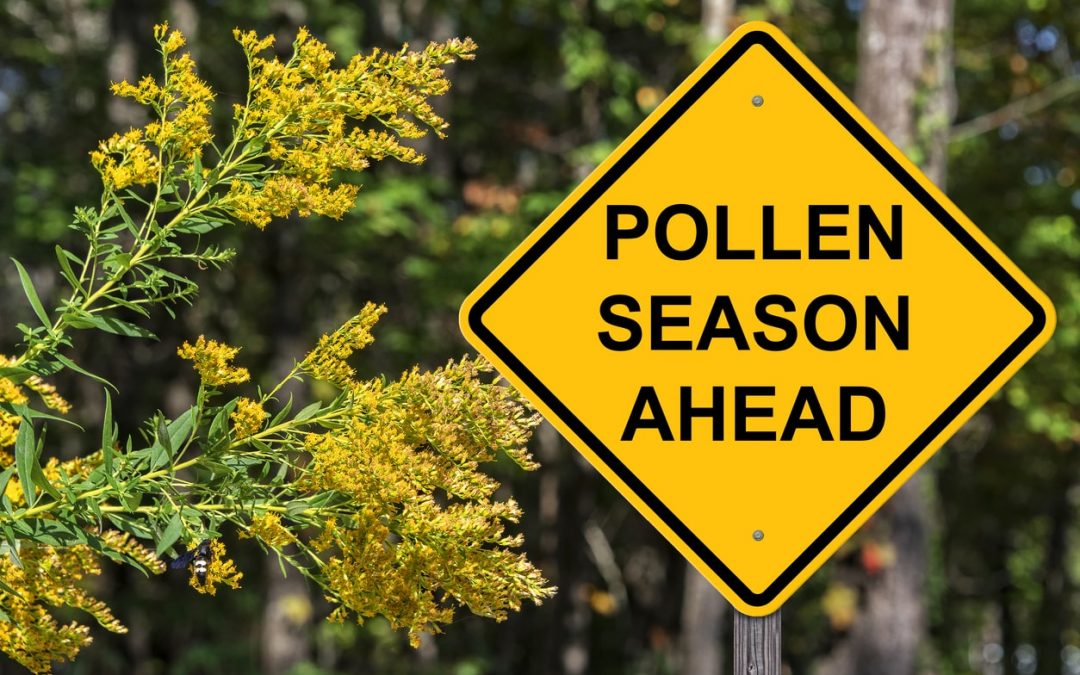Spring Is Almost Here!
The start of spring brings a welcomed change, especially after a long winter spent stuck indoors! However, along with the warm, relaxing breeze and beautiful, new blooms comes the start of allergy season for many people. The most common spring allergens are pollen and the symptoms include: congestion, runny nose, itchy and watery eyes, fatigue, trouble sleeping, and even asthma attacks. In addition to those symptoms, mold allergens can cause hives, swollen eyelids, or wheezing. While spring officially starts on March 20, our fellow Floridians may already be experiencing these symptoms.
Allergy Relief
To help ease your allergy symptoms and ensure you enjoy all your favorite springtime activities, follow these tips!
- Check the pollen count and smog levels and avoid going outside when they are high. This is especially important if you exercise outdoors.
- Keep your doors and windows closed and use an air purifier.
- Clean the air filters in your home and car often.
- Dust bookshelves, vents, or anywhere else pollen could collect.
- Wash bedding, throw blankets, and rugs in hot water to get rid of dust mites and other allergens.
- Keep the humidity in your house between 30% and 50% so dust mites can’t thrive.
- Pollen can collect on your clothes and in your hair, so take a shower and change your clothes after you go outside.
- Vacuum your home often, especially if you have carpets.
- If you need to mow the lawn, consider wearing a dust mask to avoid grass pollen.
Preventing Mold
Even though mold is considered a year-round allergen, there tends to be higher concentrations of mold in the spring. This is especially true in the South where damp and rainy conditions are followed by warmer weather. The key to preventing mold from growing in your home is to avoid moisture as much as possible!
- Don’t let water build up anywhere. Ventilate damp rooms, wipe down shower walls and doors after use or use cleaner after each use, and use exhaust fans in the kitchen and bathrooms.
- Don’t leave wet clothes in the washing machine where mold can grow quickly, and avoid hanging up wet clothes in the house to dry.
- Regularly clean garbage cans, sinks, bathrooms (including the shower curtains), and water based appliances with mold-killing products.
- Regularly check for any leaks or seepage in the house, indoors and out, and fix them as soon as possible.
If you have dirt in crawlspaces, put plastic over them to keep them well ventilated. - Use dehumidifiers and air conditioners in basements or any other areas of the house where mold tends to grow.
- Make sure to clean dehumidifiers and humidifiers every week.
- Carpeted rooms can be prone to mold and mildew. If it is within your budget, getting wood or tile floors is a good idea! You can then use rugs that are easier to clean.
For more information on allergy symptoms and relief, visit WedbMD or Trinity Medical Group!



